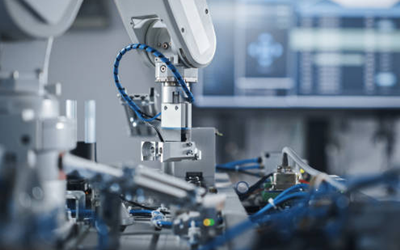Engineering Courses at Curtis Engineering Academy
Studying Engineering Courses at Curtis Engineering Academy Engineering courses are vital in today's industry because they drive innovation, problem-solving, and sustainable development. Engineers design solutions for challenges like infrastructure, energy, water supply, and digital transformation, making them central to advancing technology and improving quality of life. The demand for engineers spans sectors such as renewable energy, artificial intelligence, and water management, highlighting their importance in adapting to climate change and evolving digital economies. Studying Engineering at Curtis Engineering Academy offers a unique advantage, combining technical expertise with hands-on training and research. The Academy's commitment to cutting-edge facilities and global partnerships ensures that students gain industry-relevant skills and access to advanced technologies. Curtis Engineering Academy aims to bridge the gap between academia and practical application, preparing graduates to be leaders in engineering innovation and contributing to sustainable solutions for local and global challenges.
English
Last updated
Wed, 16-Oct-2024








